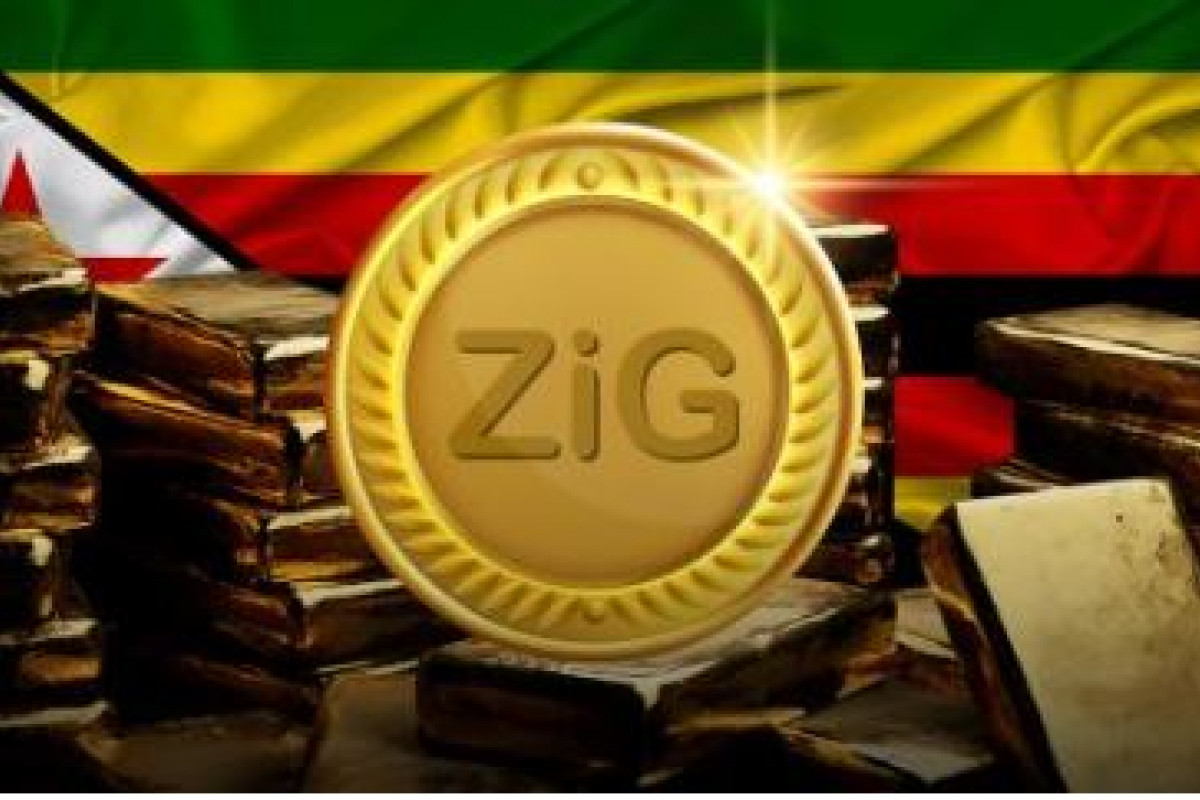In line with the resolutions of the Bank`s Monetary Policy Committee at its meeting of 26 September 2023, the Bank wishes to advise that with effect from 5 October 2023, ZiG will become one of the means of payment for domestic transactions, over and above its value-preservation purpose transactions.
The value of ZiG will be at par with the value of the physical Mosi-oa-Tunya gold coil and will remain informed by the international gold price. Banks will maintain dedicated ZiG accounts and intermediate transactions in ZiG in the same way they intermediate transactions in local and foreign currency. The applicable intermediated money transfer tax (IMTT) will be half of the IMTT applicable to transactions in foreign currency and the relevant legal instrument to that effect will soon be published.
The Bank has enlisted the services of external auditors to validate the availability and adequacy of gold to back ZiG at any given time.
What you need to know about ZiG
“ZiG” stands for “Zimbabwean Investment Gold.” It is the official name assigned to the digital tokens that are backed by gold. It is denominated in milligrams, representing 1/1000th of a gram of gold, and was introduced with the aim of strengthening the national currency while also providing an alternative investment avenue for the market, diverging from the typical practice of pursuing the US dollar on the unofficial market. The value of ZiG in foreign currency will be determined based on the international gold price set by the London Bullion Market Association (LBMA) PM fix. The tokens will be integrated into bank accounts, cards, and point-of-sale (POS) systems, allowing individuals to transact using ZiG as a form of payment. Efforts are also being made to enable ZiG on Zimswitch cards and ZIPIT transactions, further expanding its usability.
ZiG is not a physical form of currency. It is a digital token backed by gold. The value of ZiG is linked to the price of gold, but it exists and operates as a digital asset rather than a physical banknote or coin.
The idea is that ZiG will be widely accepted and used in the economy just as widely as bond notes were and USD are. The exact acceptance and usability of ZiG tokens for transactions may vary. It is expected that ZiG tokens can be used for peer-to-peer transactions, such as transfers between individuals, as well as peer-to-business transactions. The RBZ may provide further guidelines and information on the specific platforms, services, and merchants that accept ZiG tokens as a form of payment.
Generally, you will be able to obtain them through trade and transactions just the same way you get USD or any other forms of money. Currently, however, individuals may be able to obtain ZIG tokens by applying to the RBZ and exchanging RTGS and other fiat currency or other digital assets, subject to the guidelines and regulations established by the RBZ. The tokens are transacted electronically using blockchain technology or a similar decentralized system. While the process for acquiring ZIG tokens may vary, individuals can hold them in digital wallets and use them for transactions. While there is no explicit mention of converting ZIG tokens back into physical gold at present, further information may be obtained from official sources. ZIG tokens offer a unique digital currency solution, enabling peer-to-peer and peer-to-business transactions, subject to the guidelines set by the Reserve Bank of Zimbabwe (RBZ).

